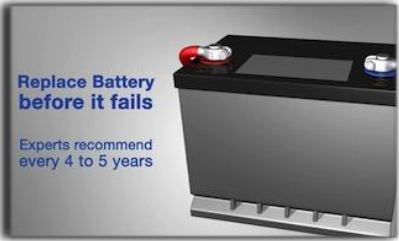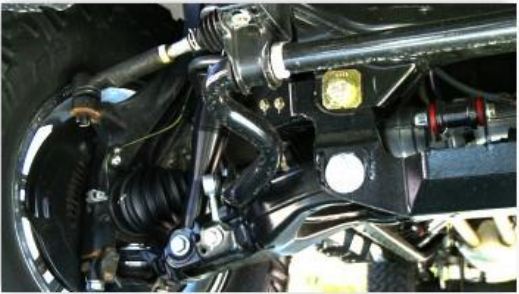Posted on 3/22/2016

That’s a good question for Lincoln drivers. All batteries wear out and need to be replaced – but some are replaced before their time. For example, if your battery is dying and you need a jump-start, it could very well be that you have a bad battery. But you should have your battery tested first to see if it’s actually bad. The problem could be parasitic drain or a bad alternator that’s not properly charging your battery. One of the tests that we perform at Custom Automotive Care is alternator output. A surprisingly high percentage of “bad” batteries brought in are actually just fine: the problem is a failed alternator or control fault that is not turning the alternator on. On most modern vehicles the alternator is energized by the PCM (powertrain control module) or the BCM (body control module). These computers can change how much and when the alternator charges. A worn serpentine belt and/or belt tensioner can cause the belt to slip, as well. If the belt ... read more
Posted on 3/22/2016

Your skeleton provides the structure to hold up your weight. Your joints cushion you as you walk and allow you to change direction. Your vehicle’s suspension system is similar: It bears the weight of your vehicle, absorbs bumps in the road and controls the body as you steer through curves on Lincoln roads and streets. Your suspension system keeps your car up off the road. From there, it’s responsible for a smooth and comfortable ride. Like the bones in your body, vehicle suspension parts are connected by joints that allow all the components to move as they should. Over time and miles, the joints start to wear and your suspension gets loose and doesn’t operate as precisely as before, reducing proper tire contact with the road. An accident, pothole or hitting a curb or rock can also damage or break vehicle suspension components. If you’ve ever hurt your foot, you know you’ve had to walk differently to keep it from hurting as bad ... read more